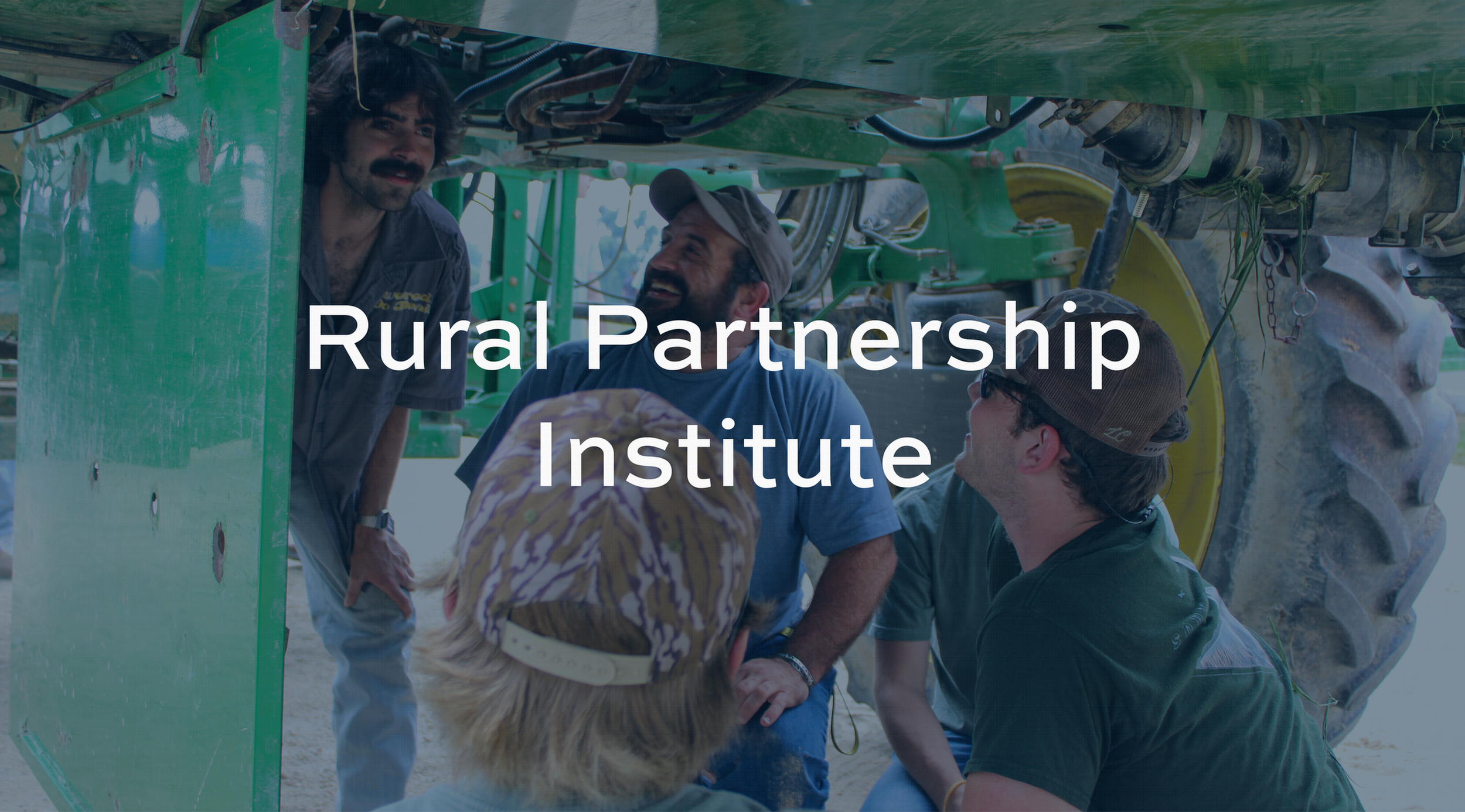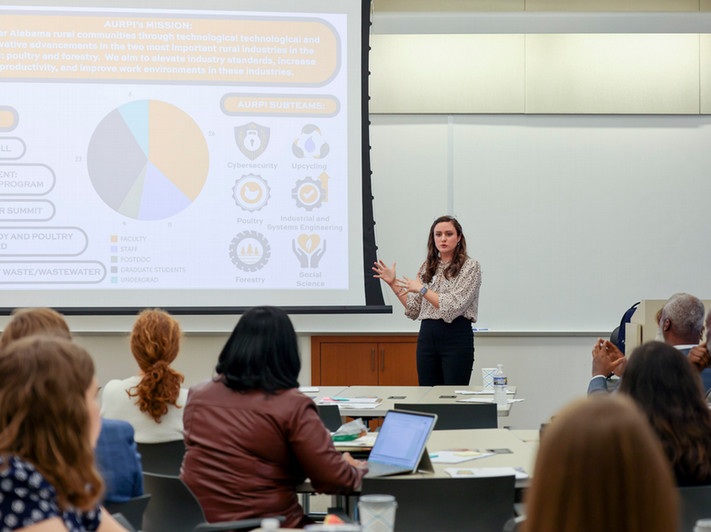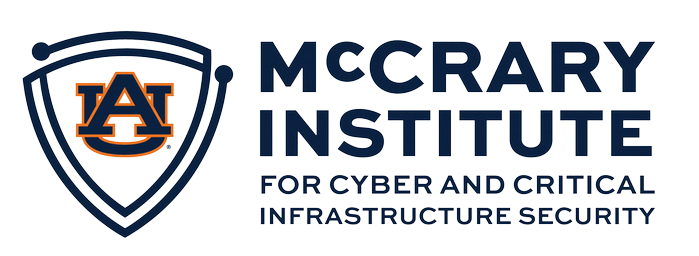AURPI


Curious about what AURPI is all about?
 What is AURPI?
What is AURPI?
The Auburn University Rural Partnership Institute (AURPI) is committed to developing and implementing new technologies to enhance the economic prosperity of rural Alabama. Focusing on technologies applicable to the production and processing sectors of the poultry and forestry industries.
Mission Statement
To bolster Alabama rural communities through technological and innovative advancements in the two most important ag industries in the state – poultry and forestry. We aim to elevate industry standards, increase productivity, and improve work environment in these two industries. Our goal is that this project will create additional economic opportunities in rural Alabama thereby contributing to the building of communities that are resilient and prosperous.

Connect with us! 

 Who makes up our institute?
Who makes up our institute?




 Why is this important?
Why is this important?
Poultry and forestry are Alabama’s top economic drivers, rooted in rural communities across the state. At the Auburn University Rural Partnership Institute (AURPI), we empower these industries by introducing advanced technologies and training that strengthen operations and uplift the communities behind them
Our multidisciplinary team—spanning industrial and systems engineering, cybersecurity, biosystems engineering, poultry science, rural sociology, forest products and more—works alongside industry partners to tackle real-world challenges and deliver lasting solutions.
Explore each subteam’s goals on our Subteams Page.
Questions? Visit our Contact Page to get in touch.
 Call for Collaborative Research
Call for Collaborative Research
The Auburn University Rural Partnership Institute (AURPI) has awarded 5 projects from our internal request for proposal. The goal is to focus on improving rural livelihoods through industrial and community collaborations. The projects chosen will have a lifespan of 2 years and will begin in the fall of 2025.
Improving Freeze Tolerance in Southern Pines
Reducing Emissions and Phosphorus Runoff from Broiler Litter
Mass Timber Housing with Rural Studio: Phase 2
Fighting Food Insecurity Through Home Gardening
Improving Rural Wastewater with Septic Demos and Drones
Sponsored by:


